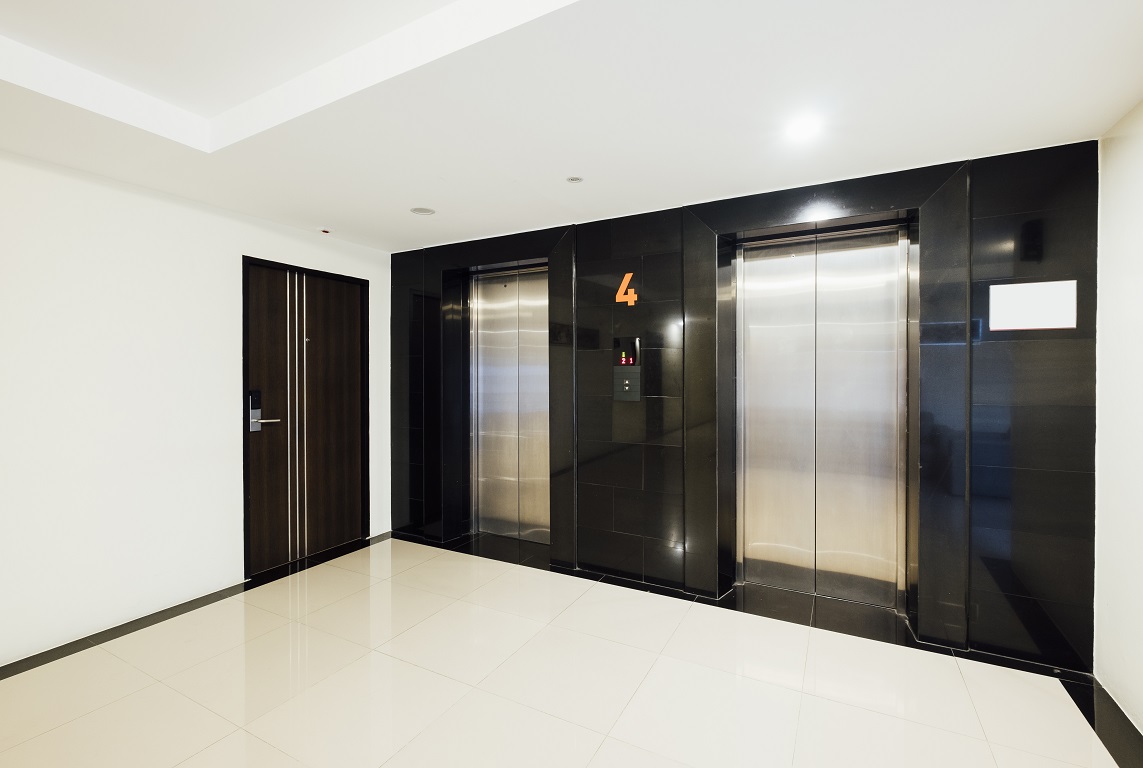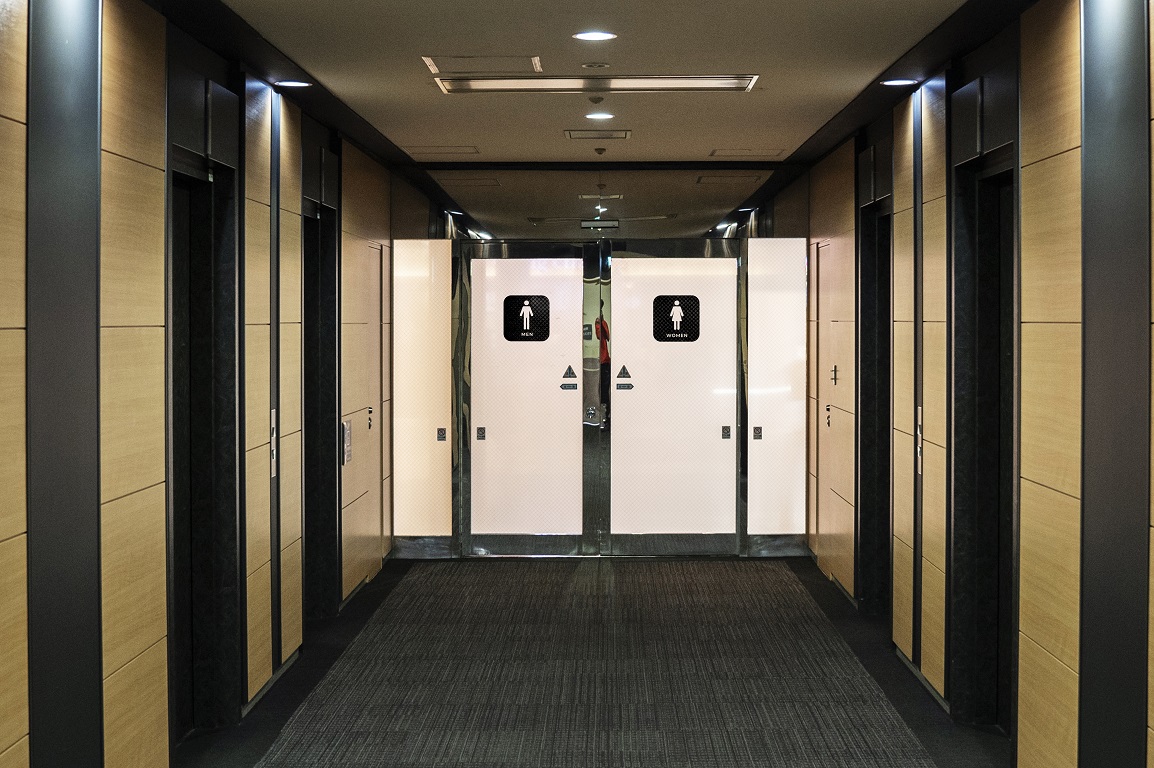Product Detail's
Residential Elevators's
Residential Elevators are becoming increasingly popular in homes for convenience, accessibility, and luxury. These Elevators are designed to fit within residential spaces and cater to various needs, from assisting individuals with mobility issues to providing a stylish addition to a home. Here’s an overview of residential Elevators, including types, benefits, and key considerations.
Residential Elevators are a practical and luxurious addition to modern homes, providing enhanced accessibility, convenience, and style. Whether you're looking for a small, space-saving Elevators or a more robust system for multi-story homes, there are a variety of options to choose from based on your needs and budget.
Routine Maintenance
Qualified Elevators technicians are required to conduct periodic inspections, lubrication of moving parts, adjustment of cables, and checks on electronic systems.
Emergency Call System
ele Elevators are equipped with emergency communication systems, usually an intercom or button that allows trapped passengers to call for help.
Door Sensors
Modern lifts use infrared or pressure sensors to prevent doors from closing if someone or something is blocking the entrance.
Safety Features
ele Elevators should not be used during a fire. They are usually equipped with fire emergency modes, which bring them to a safe floor if a fire alarm is triggered.
Modernization Services
As Elevators age, they may require modernization to bring them up to current standards. This can involve upgrading components like motors, control systems, and safety features.
Backup Power Supply
In case of power failure, Elevators are equipped with a backup battery or generator to ensure passengers aren't trapped and the lift can safely reach the nearest floor.













.png)